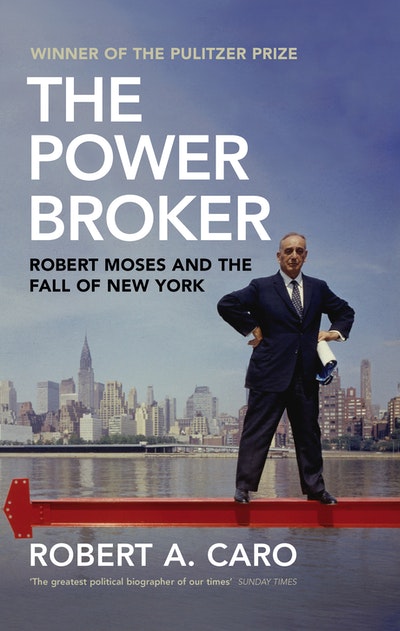

Second, as he has recalled, “I told the Mayor that I was not interested in taking the city job unless I had unified power over all the city parks, and even then only as part of the unified control of the whole metropolitan system of parks and parkway development.” The operative word was “unified.” There were five separate park departments in New York City, one for each borough, and each with its own borough park commissioner. First, he must be allowed to keep his state jobs, the chairmanship of the State Council of Parks and the presidency of the Long Island State Park Commission. Moses told the Mayor-elect that he would be interested in taking over the city parks-but only under certain conditions.

When, shortly after the election, LaGuardia invited Moses to join his administration, their discussions centered on parks, not public authorities. No one else saw what he saw-including, most significantly, Fiorello LaGuardia, who was elected to his first term as mayor in 1933. And he was beginning to focus on another humble institution-the public authority. Now, in the early nineteen-thirties, Robert Moses wanted to extend his influence into New York City, where he would need power of new, even greater dimensions.

Robert Moses first obtained power, during the nineteen-twenties, by seeing the potential for power where other men had not-in the humble agencies of state government that administered state parks-and by creating out of them a single, unified body with immense power, power insulated from and thus, in its field, independent of the government to which it was ostensibly subordinate.


 0 kommentar(er)
0 kommentar(er)
